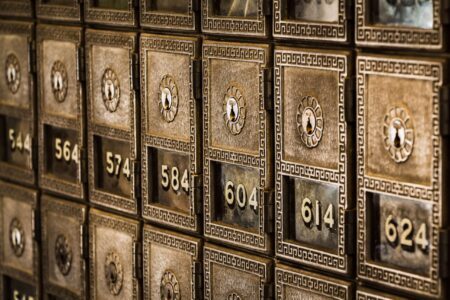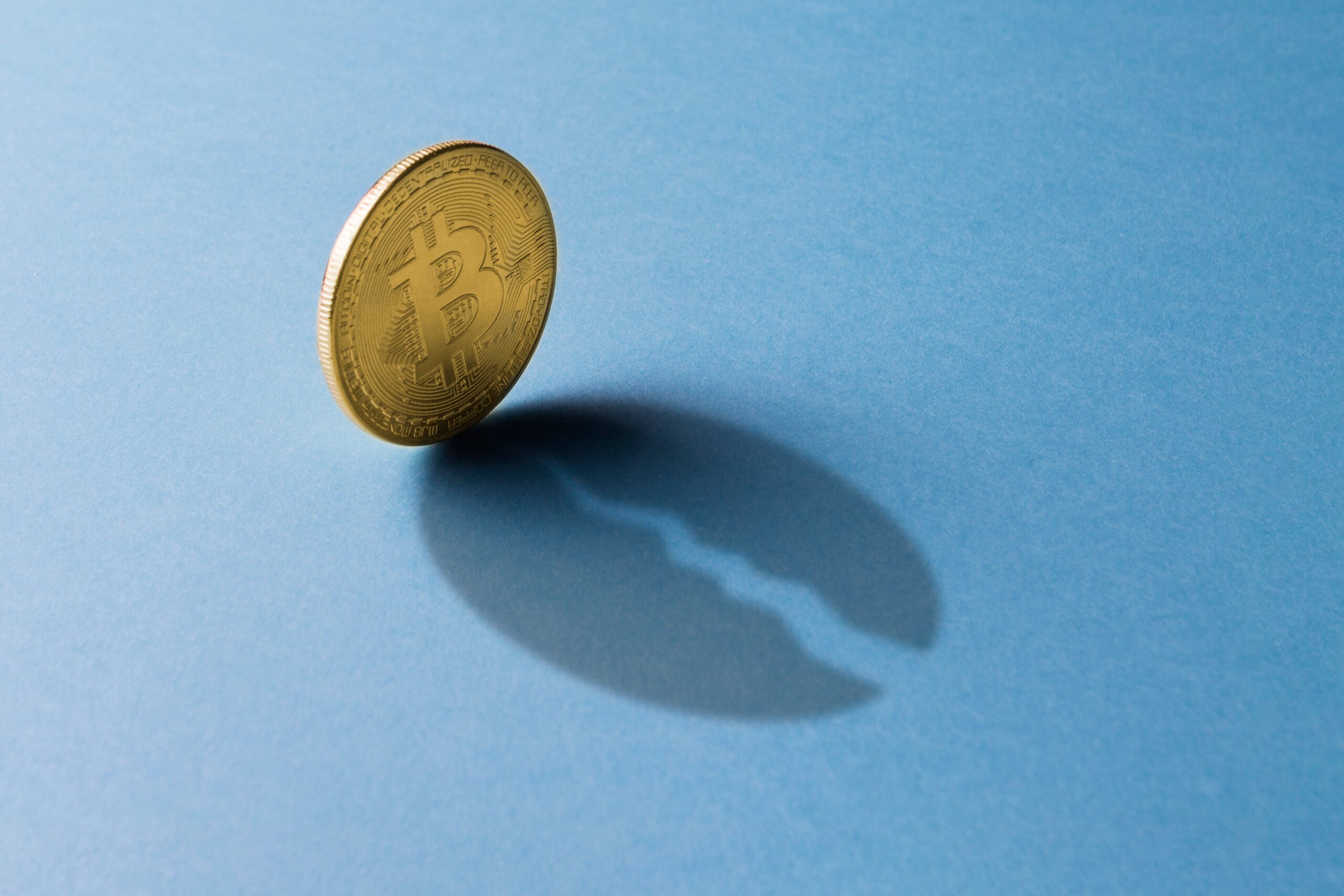How To Secure Your Tokens In Case Of Emergencies

The cryptocurrency market is known to be safe and sound, but too many traders and investors don’t realize that it’s not impenetrable. If you frequently buy or sell tokens, you should learn how to protect your investment.
Why is this so important?
The reason is clear – malware attacks take place in the cybersecurity realm very frequently. Let’s see what niche reports say about this phenomenon:
- Hackers steal $2.7 million from crypto exchanges every day.
- Around 980 thousand bitcoins have been stolen from cryptocurrency exchanges in the last three years.
- More than $1.1 billion worth of cryptocurrency was stolen within the first half of 2018 alone.
After seeing stats like these, the question is not whether to protect your tokens or not but rather how to do it in a way that guarantees the highest level of security. Protecting your digital assets can come in many different forms, but we selected five methods that prove to be the simplest and most efficient. Let’s take a look!
1. Apply the Basic Security Tricks
We open the list with the simplest solution because a lot of crypto traders tend to forget and neglect cybersecurity common sense. Jake Gardner, the twiftnews writer, explains the basic principles of online security:
- Create strong passwords for every online account by combining letters, numbers, and uppercase characters. If you don’t know how to do it, take advantage of password creation tools like Password Generator.
- Use one password per account exclusively. If you stick to just one password for multiple online accounts, then you are likely to get hacked sooner or later.
2. Enable two-factor authentication
Two-factor authentication is another simple but highly productive way to protect your tokens in case of emergencies. Namely, cryptocurrency exchanges have your private key in their base and you can lose assets if the platform is hacked. But when you use two-factor authentication, hackers are prevented from accessing your digital coins.
The most common way to activate this mechanism is to use Google Authenticator. It’s a very popular app among crypto traders because it sends you authentication codes even if you are not online. You can install Google Authenticator in a few simple steps:
- Create a Google account (if you don’t have it already)
- Select the Authenticator App option
- Follow the setup instructions
- Enter the code you are given and the process will be completed
3. Store Tokens in a Hardware Wallet
Placing your tokens in a hardware wallet is a much safer option than keeping them all online. As you might guess already, hardware wallets are physical devices that serve as the additional layer of protection when you handle cryptocurrencies.
Popular hardware wallet solutions include the likes of Trezor, Ledger Nano S, and Keepkey. What can they do for you security-wise?
First of all, they let you control your private keys independently. Secondly, they keep you protected against common cybersecurity threats such as malware attacks and computer viruses. And thirdly, trustworthy hardware wallets come with a solid protection system of their own, so they can hardly get hacked even if someone steals the actual device from you.
4. Alternative Crypto Wallets:
Hardware wallets have a few alternatives as well. We don’t really recommend this solution as the primary means of protection because alternative wallets are not as safe as physical devices, but it’s a nice option for investors who don’t want to bother with hardware solutions. The most popular versions of alternative wallets are:
- Paper wallets store both public and private keys, but they function in combination with third-party apps.
- Desktop wallets stay on your laptop or personal computer, so you can control tokens from your device directly.
- Coinbase Vault is a good idea if you trade cryptocurrencies frequently without storing too many assets on your account.
5. Yubikey
The last token security tip on our list is to use Yubikey, a small USB device that supports multiple authentication protocols to help protect access to computers, networks, websites, and other online services.
However, we recommend purchasing two Yubikey devices just in case one gets lost. This happens quite frequently with small USBs, so it’s good to have the alternative at your disposal all the time.
The Bottom Line
Malicious attacks are getting more frequent and severe, so even complex systems such as cryptocurrency exchanges can get hacked every day. As a token trader, you should keep your assets protected around the clock with one of the most advanced cybersecurity mechanisms.
In this article, we explained to you how to secure your tokens in case of emergencies. Do your best to analyze the five techniques we discussed above and choose the one that suits your crypto trading habits.
Disclaimer: This is a guest post. KryptoMoney does not endorse and is not responsible for or liable for any content, accuracy, quality, advertising, products, or other materials on this page. Readers should do their own research before taking any actions related to the company. KryptoMoney is not responsible, directly or indirectly, for any damage or loss caused or alleged to be caused by or in connection with the use of or reliance on any content, goods or services mentioned in the article.
Post Views: 39






